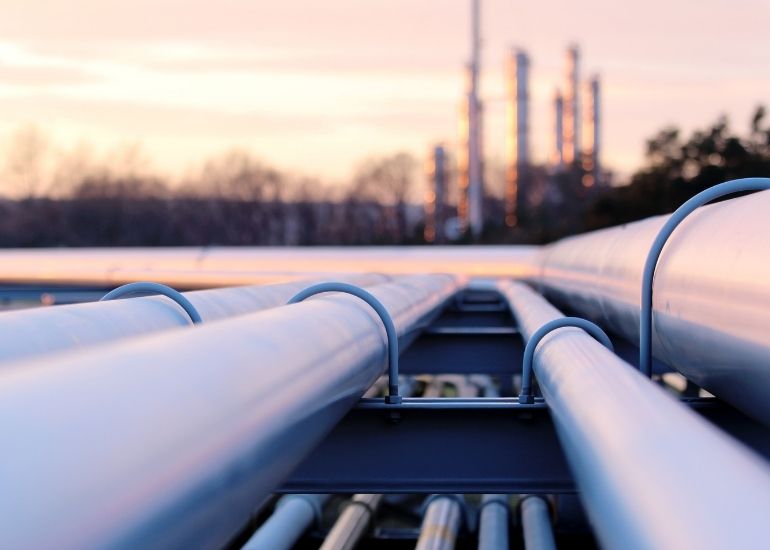The oil and gas industry is one of the largest in the world. It continues to expand rapidly, but it does have its downfalls. One of the most pressing concerns in the industry today is efficiency, or lack thereof, within its processes and day-to-day operations. Here are five ways to improve efficiency in the oil and gas industry. These methods will keep the industry up to date with the trends of today’s world of technology and commerce.
Leak and Spill Prevention
Oil and gas operations involve massive, complex machines that generate waste from various materials. From drill bits to valve covers, you’ll have a lot of waste coming off your rig site. But it’s not just debris that can leak or spill. You also have hazardous materials like hydraulic fluids, diesel fuel, lubricants, or anything containing hydrocarbons. It all needs to be adequately stored, collected, and thrown away. Otherwise, you could wind up with fines from regulatory bodies or even lawsuits from residents who get sick because something leaked into their drinking water.
Use Energy-Efficient Tools and Equipment
Engineers design energy-efficient tools for various purposes, but all have one thing in common: they save money. By investing in energy-efficient LED bulbs, you’ll make a small adjustment that can add up over time. Some people might scoff at simple purchases like these, but every little change matters when you’re trying to build efficiency and cut costs in your business. If you work in oil, you will be amazed how LED lighting improves worker efficiency. As with anything else when it comes to saving money and improving efficiency, most improvements take place on a small scale, but they still pay huge dividends.
Metering
To improve efficiency, oil and gas companies need a way to measure flow. Metering allows them to do so, creating opportunities for smarter production decisions. By installing meters on wells, you can gather data about your production rate over time. This data is essential for planning your business going forward. Even if you don’t have access to historical data, a basic idea of your yield will tell you whether it’s worth continuing operations at that well.
Innovative Data Analytics and Management
Advances in big data technology have revolutionized our ability to track, manage, and analyze oil and gas performance. By incorporating sensors into production equipment, energy companies can capture live data at every stage of a well’s life cycle. As that data compiles, companies can monitor production rates as they evolve. In other words, technologies like geosteering allow producers to keep a pulse on their operations, which has long been difficult or impossible with conventional methods.
Proper Human Resource Management
Companies must completely overhaul safety procedures to improve efficiency. This must be taken care of before anything else. No industry or operation can run efficiently if employees are regularly injured. Next, it’s important for companies to constantly evaluate the staff, processes, equipment, and systems. They need to do everything they can to improve these factors regularly so that changes can be made constantly.
Conclusion
Oftentimes, improvements are as simple as reassessing your current system. Think of your business model as a machine. If all the parts work correctly, but one part is simply running too slowly, then something needs to change. You don’t need to dive headfirst into an expensive update. Think about the above ways to improve efficiency in the oil and gas industry. You can squeeze more efficiency out of what you already have. There could be dozens of small tweaks that collectively make a big difference.

